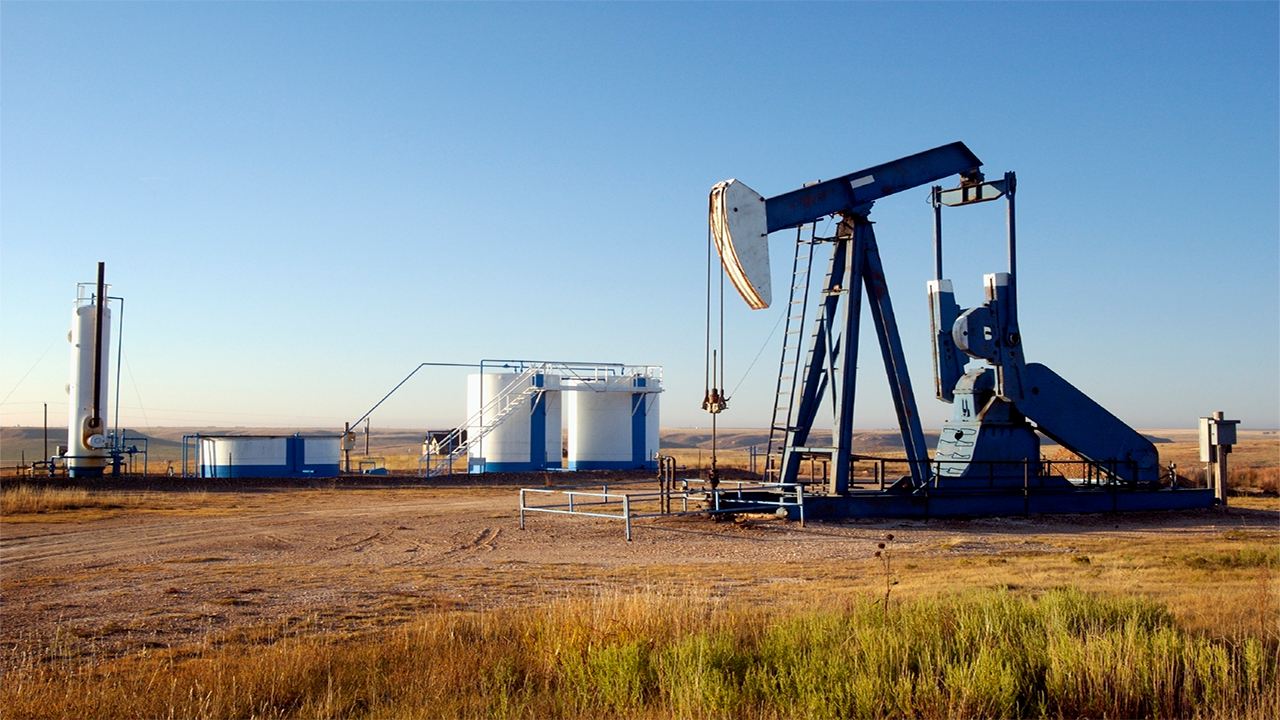Crude oil price recovered from early losses Monday to resume the longest stretch of rallies for eight days in a row, the longest in more than five years.
Reuters reported that the development was an indication of reducing influence of US output on the global market, though analysts said news of rising production by the Organisation of Petroleum Exporting Countries (OPEC) could still cap gains.
The global benchmark, Brent crude traded at $49.03 per barrel, after recovering from a session low of $48.54.
The price rose 5.2 per cent last week for a first weekly gain in almost six years.
With yesterday’s rallies, the benchmark Brent price has risen for eight trading days in a row, the longest unbroken stretch of gains since February 2012.
US crude futures rose 28 cents to $46.32.
Speculators in Brent crude futures and options raised their bets against a sustained price rise to the highest level on record in the latest week, according to reports.
Also drilling activity for new oil production in the United States fell for the first time since January, dropping by two rigs, while US government data showed crude output fell in April for the first time this year, Reuters reported.
The drop in US rig count and US Energy Information Administration figures showed that output fell by 24,000 barrels per day (bpd) on a monthly basis.
However, despite the recent gains, the oil price is still down 14 percent this year, with strong global demand not enough to absorb rising output from the United States, Nigeria, Libya and other locations, such as Brazil and the North Sea.
Similarly, despite the dip in US drilling, the total rig count was still more than double the 341 rigs in the same week a year ago, according to energy services firm Baker Hughes.
Oil markets remain oversupplied as output from the OPEC hit a 2017 high, with June OPEC production up by 280,000 bpd at 32.72 million bpd, despite the group’s pledge to cut output in order to reduce the excess inventory in the oil market.
Reuters also quoted traders as saying that the World No.1 oil exporter Saudi Arabia could raise prices for the heavy crude it sells to Asia in August to the highest in more than three years.
The move would come after refiner profits on churning out fuel oil from heavy crude hit record highs, with state oil giant Saudi Aramco cutting heavy crude production as part of a drive led by OPEC to rein in global output.
Saudi Aramco may lift the Official Selling Price (OSP) for Arab Heavy crude to Asia by 20 cents a barrel to $1.65 below the average of Oman and Dubai quotes in August, its narrowest discount since December 2013, four Asian crude buyers reportedly said.

 Forex2 weeks ago
Forex2 weeks ago


 Naira2 weeks ago
Naira2 weeks ago
 Billionaire Watch1 week ago
Billionaire Watch1 week ago




 Naira2 weeks ago
Naira2 weeks ago




 Naira1 week ago
Naira1 week ago




 Naira4 weeks ago
Naira4 weeks ago


 Naira3 days ago
Naira3 days ago
 Nigerian Exchange Limited4 weeks ago
Nigerian Exchange Limited4 weeks ago
















